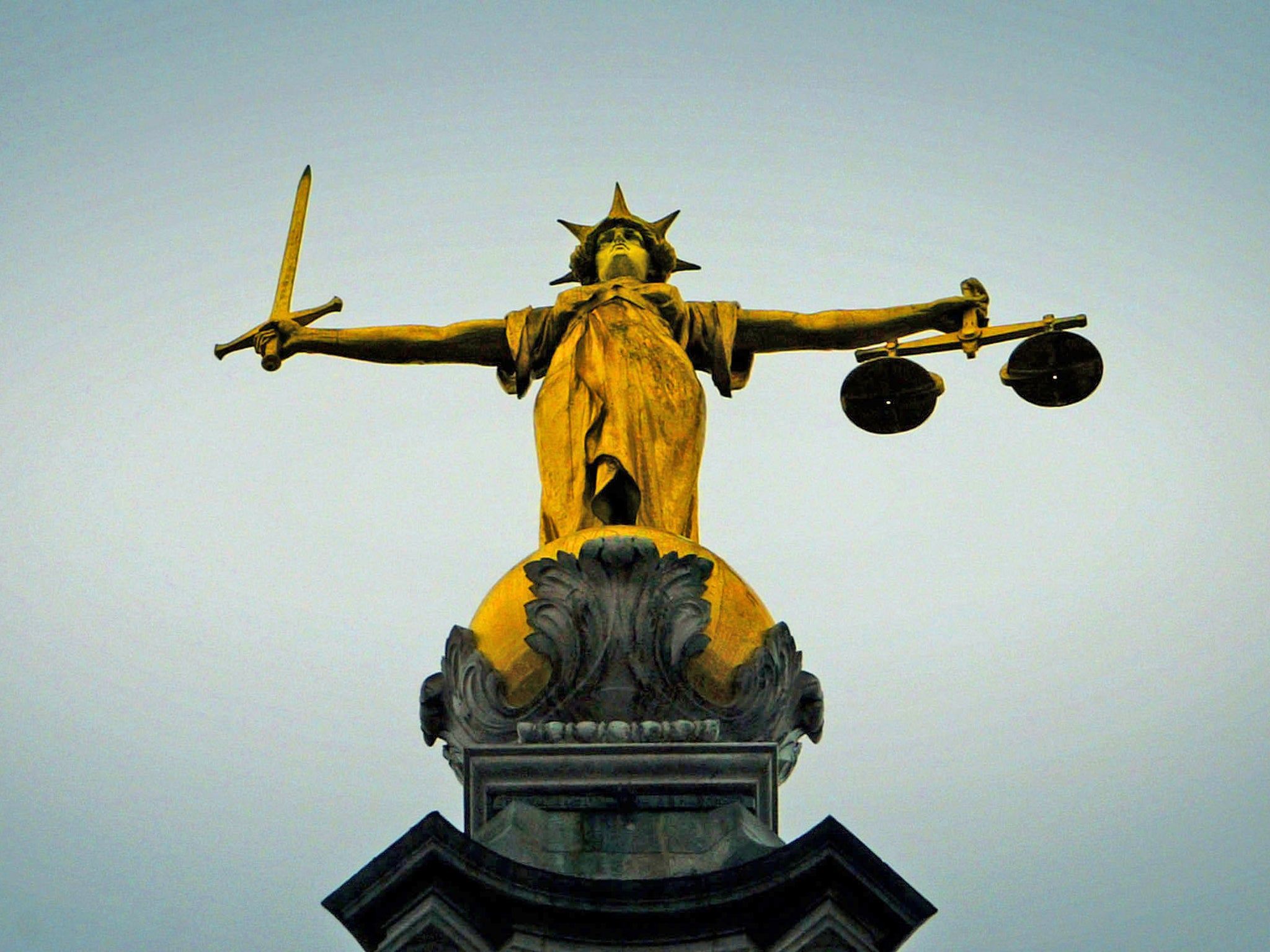The criminal justice system needs to regain rape victims’ trust
Analysis: As new research finds few believe they will receive justice by reporting the crime to the police, Lizzie Dearden looks at why the number of prosecutions is so low

Prosecutors have announced new guidance on charging alleged rapes and sexual offences that they say will enable more “fair and effective decisions to make sure justice is delivered”.
The Crown Prosecution Service (CPS) is taking aim at myths involving modern technology – including perceptions of sexting and the use of dating apps, as well as the effects of trauma on victims’ memories – to give cases a better chance of passing the charging threshold.
But with only 1.4 per cent of recorded rapes currently prosecuted, it will take significant changes to restore victims’ trust in the criminal justice system.
Although reporting has increased in recent years, a significant proportion of rapes are still believed not to be reported and in almost half of cases that are, complainants drop out during the investigation.
In 2019-20, there were 55,130 cases of rape reported to police, but only 2,102 prosecutions and 1,439 convictions in England and Wales.
Three years earlier, there had been 44,000 recorded rapes with 5,000 prosecutions and nearly 3,000 convictions.
For the rapes recorded by police last year, the most common outcome was “victim does not support action” (41 per cent).
That includes cases where a complainant will not comply with demands to access their mobile phone, personal or medical records, or where they fear being attacked in court.
Campaigners say some victims find the investigative process traumatic and the wait for a trial date too long to endure.
In 2019-20, the average length of time between a rape being recorded and a suspect being charged was over a year, and delays have been worsened by court closures and case backlogs during the coronavirus pandemic.
Last year’s London Rape Review found that the most common reasons for victims withdrawing were “stress and trauma caused or exacerbated by the investigation”, a desire to move on from the rape and concerns for their own safety.
A woman who was raped by a stranger in London told The Independent she dropped her case after police demanded access to her mobile phone.
“It made me very angry, it made me feel like I was the one on trial and they were trying to seek out ways it was my fault,” Sarah* said, adding that she was concerned evidence of past one-night stands could be used against her in court.
Another woman who faced the same demand, despite police identifying her attacker using DNA, told The Independent the investigation felt like “one intrusion after another”.
Jane* said: “I’m not actually sure I would have gone ahead with the case if I’d known what was part of the process.”
Bonny Turner, who waived her anonymity to reveal how her alleged attacker was not prosecuted after appearing to “confess” to raping her in a Facebook message, described the investigation as “completely re-traumatising”.
And now a new survey of nearly 500 survivors of rape found just 14 per cent believed they would receive justice by reporting the crime to the police.
It was commissioned by the victims’ commissioner for England and Wales, who said the proportion of rape complainants withdrawing their support for prosecutions was at an all-time high.
Dame Vera Baird added: “Survivors want to be treated sensitively, fairly, respectfully, to be believed, but also for criminal justice system professionals to better understand trauma, provide clear and timely information, and to offer better access to support services. And on all of these fronts, the justice system has been found wanting.”
Time will tell whether the new CPS charging guidance will increase the number of rape cases being prosecuted.
But it is clear that wider failings in the way police and prosecutors carry out investigations and communicate with victims are contributing to falling charges.
Increased numbers of prosecutions for rape will be for nothing if cases collapse because victims do not feel able to continue their case through court.
Hopes now rest on the government’s end-to-end review of rape cases, and the possibility of a law enshrining victims’ rights, to ensure they are supported to pursue justice.
* Names changed to protect anonymity



Join our commenting forum
Join thought-provoking conversations, follow other Independent readers and see their replies
Comments